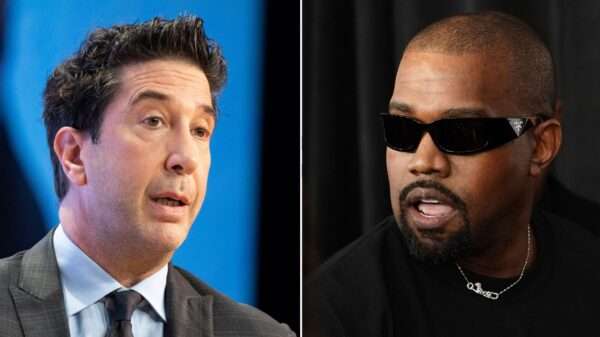George Clooney, one of Hollywood’s most iconic and charismatic actors, recently expressed his frustration with renowned director Quentin Tarantino over comments made during an interview. The actor, known for his roles in films such as Ocean’s Eleven, Gravity, and Michael Clayton, took issue with Tarantino’s assertion that Clooney was “not a movie star.”
Clooney, in a conversation with the Smartless podcast, shared that he was “a little irritated” by Tarantino’s remarks. The director, famous for his groundbreaking films like Pulp Fiction and Kill Bill, had made the comment while discussing the evolution of Hollywood stars. Tarantino has been known for his candid opinions on the industry, often sharing thoughts that stir up discussion and debate among fans and peers alike.
The concept of a “movie star” has always been somewhat elusive, a blend of talent, charisma, and public perception. For Clooney, who has spent decades cultivating a successful career, the comment struck a nerve. Despite the fact that he has been a leading man in numerous box-office hits, and has received critical acclaim, including two Academy Awards, Tarantino’s assessment seemed to undermine his achievements.
Clooney reflected on his career during the podcast, emphasizing that his journey in Hollywood has been a testament to hard work and resilience. He acknowledged that not every movie he made was a blockbuster, but he argued that being a “movie star” is about more than just box-office numbers. It’s about a consistent presence, the ability to draw audiences over a long period, and the respect earned within the industry.
Tarantino’s comment, as interpreted by Clooney, seemed to challenge this notion, suggesting that the actor’s status was perhaps less significant than he believed. While Clooney didn’t dwell too long on the issue, his irritation was evident. For someone who has navigated the complex landscape of Hollywood with both success and style, the idea that he was not considered a “movie star” by one of the most influential directors in modern cinema was a slight that was hard to ignore.
This disagreement, however, does not appear to signal a deeper rift between the two Hollywood heavyweights. Both Clooney and Tarantino have enjoyed substantial careers in their respective fields, often pushing the boundaries of what is possible in cinema. Yet, this incident highlights the subjective nature of Hollywood’s definitions and how even the most accomplished figures can find themselves at odds over perceptions of success.
Clooney’s response to Tarantino’s comments serves as a reminder that the labels and accolades within the entertainment industry are often in the eye of the beholder. While one person’s definition of a “movie star” might focus on box office dominance or a particular type of charisma, another might value versatility, longevity, or critical acclaim. In an industry where image and perception play crucial roles, even small comments can resonate deeply, revealing the insecurities and pride that come with a life in the spotlight.
As Clooney continues to take on new roles and projects, it’s clear that his legacy as a Hollywood icon is secure, regardless of the opinions of others. His irritation with Tarantino, though brief, offers a glimpse into the ongoing conversation about what it means to be a “movie star” in today’s rapidly evolving entertainment landscape.









































